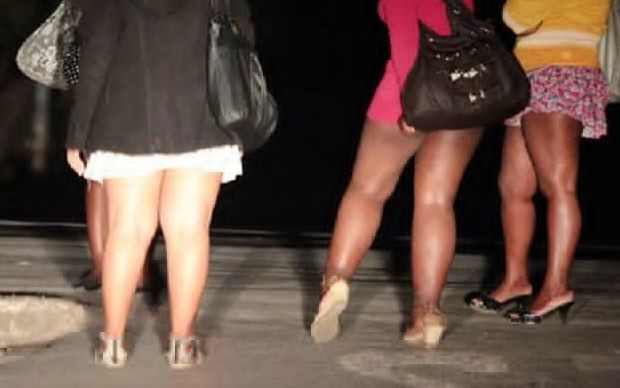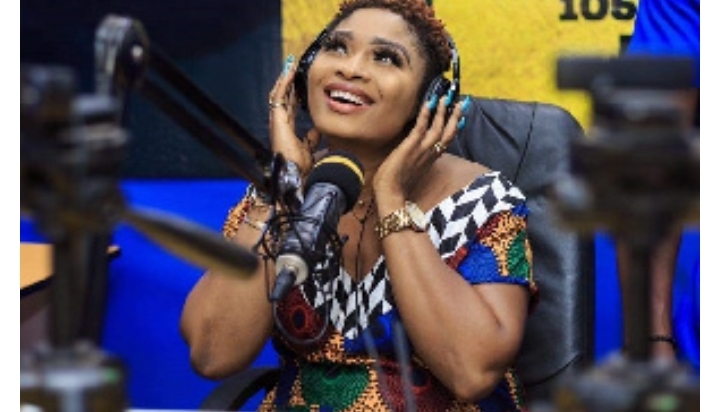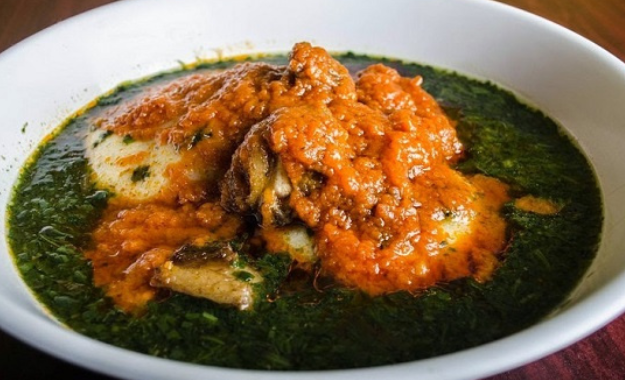Your Guide to a Successful U.S. Embassy Interview in Africa

Traveling to the United States for an interview at an American embassy in Africa is a significant step for many hopeful applicants. Whether you’re seeking a student visa, a work visa, a tourist visa, or an immigrant visa, the interview process is a crucial hurdle. Being well-prepared and understanding the expectations can significantly boost your confidence and the likelihood of a successful outcome. Here’s a comprehensive guide on what applicants must know before their U.S. embassy interview in Africa.
1. Understand Your Visa Type and Purpose: Before anything else, be absolutely clear about the specific visa you are applying for and its exact purpose. Consular officers are trained to identify potential immigrants, and by U.S. law, all non-immigrant visa applicants are considered intending immigrants until they prove otherwise. Your ability to articulate your reason for travel – be it studying, visiting family, business, or tourism – and how it aligns with the visa category is paramount. Familiarize yourself with the requirements, restrictions, and validity period of your specific visa type.
2. Gather and Organize All Required Documents: This is perhaps the most critical step. A missing or disorganized document can lead to delays or even denial. Always refer to the official U.S. Embassy or Consulate website in your country for the most up-to-date and specific checklist for your visa category. Commonly required documents include:
- Valid Passport: Ensure it’s valid for at least six months beyond your intended stay and has blank pages.
- DS-160 Confirmation Page: The confirmation page of your online non-immigrant visa application.
- Appointment Confirmation Letter: The letter confirming your interview date and time.
- Visa Fee Payment Receipt: Proof that you’ve paid the non-refundable visa application fee.
- Passport-sized Photographs: Two identical, recent color photos meeting U.S. visa photo requirements (often 5×5 cm or 2×2 inches).
- Supporting Documents: These vary by visa type but could include:
- Proof of Funds: Bank statements, pay stubs, tax returns, sponsor’s financial documents.
- Ties to Home Country: Proof of employment (job letter, pay slips), property ownership, family certificates (marriage, birth certificates), academic records.
- Travel Itinerary: Flight and accommodation bookings (for tourist visas).
- Letters: Invitation letters (if applicable), acceptance letters from educational institutions (for student visas), employment contracts (for work visas).
- Medical Examination Results: For immigrant visas, this is a mandatory pre-interview step with an embassy-approved physician.
- Police Certificates: Original police certificates (especially for immigrant visas, ensuring validity).
Organize your documents neatly in a folder, with originals easily accessible. Make photocopies of everything for your records.
3. Prepare for Common Interview Questions: The interview itself is typically brief, often lasting only 2-3 minutes. Consular officers are looking for clear, concise, and consistent answers. Be honest and transparent; providing false information can lead to severe consequences. Practice answering questions about:
- Purpose of your visit: Be specific and clear.
- Duration of your stay: How long do you plan to be in the U.S. and why?
- Ties to your home country: What will make you return to Africa after your trip (job, family, property, investments)? This is crucial for non-immigrant visas.
- Financial ability: How will you fund your trip/stay in the U.S.?
- Family/friends in the U.S.: If you have relatives, be prepared to state their names and relationship.
- Previous travel history: Have you visited the U.S. or other countries before? Were you compliant with visa terms?
- Post-graduation/post-trip plans: How does this U.S. experience fit into your long-term goals in your home country?
4. Dress Appropriately: While there’s no strict uniform, dress professionally and conservatively, as you would for a job interview. This conveys respect for the process and the interviewing officer. Opt for clean, well-fitted attire in neutral colors. Avoid overly casual, revealing, or flashy clothing.
5. Arrive Early and Be Prepared for Security: Plan to arrive at the embassy or consulate well ahead of your scheduled appointment time – often 30 minutes to an hour before. This allows for potential traffic, long queues, and thorough security checks, which can be time-consuming. You will likely go through airport-style security, and certain items (like large bags, electronics, or liquids) may not be allowed inside. Check the specific embassy’s rules regarding prohibited items.
6. Maintain Composure and Confidence: During the interview, stay calm, speak clearly, and make eye contact. Listen carefully to each question. If you don’t understand a question, politely ask for clarification. Avoid memorizing answers, as this can sound unnatural; instead, understand the core points you need to convey. The officer wants to interview you, so if you’re an adult, do not bring parents or other family members to speak on your behalf unless specifically requested for a minor.
By diligently preparing, organizing your documents, and understanding the core principles of the U.S. visa interview, applicants from Africa can approach their embassy appointment with confidence and increase their chances of a successful outcome.
Source: Thepressradio.com





